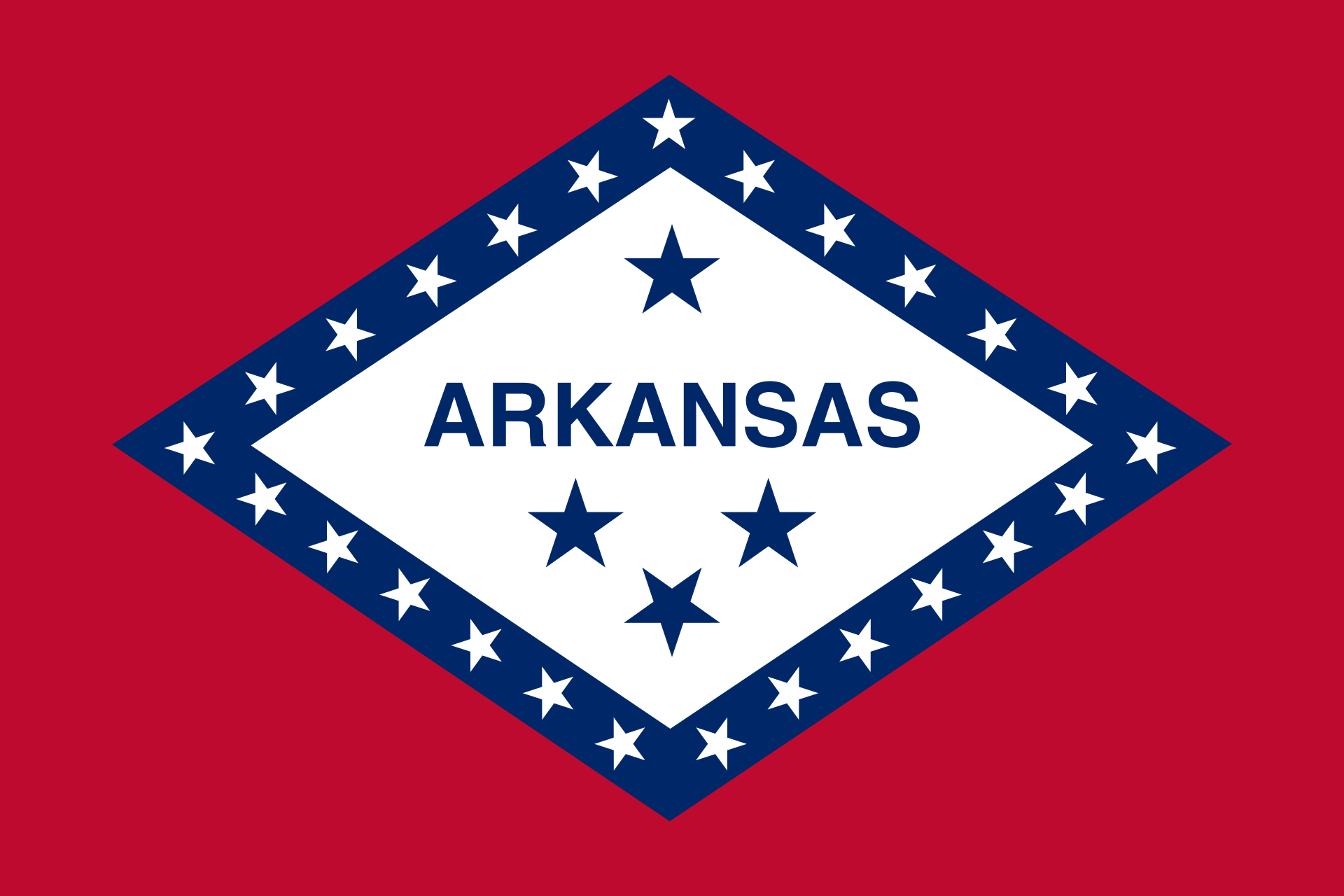Arkansas Gov. Sarah Huckabee Sanders (R) signed House Bill 1419 (HB 1419), which increases the signature distribution requirement for citizen-initiated ballot measures, on March 7. Under HB 1419, campaigns will be required to collect signatures from 50 of 75 (67%) counties. Previously, the requirement was 15 of 75 (20%) counties. For citizen-initiated state statutes, the signature requirement is equal to 4% of the votes cast for governor in each of at least 50 of 75 counties. For citizen-initiated constitutional amendments, the requirement is equal to 5% of the votes cast for governor in these counties.
In the House, HB 1419 was approved 79 to 19. In the Senate, the legislation was approved 21 to 8. Senate Republicans and 79 House Republicans voted to pass HB 1419, while legislative Democrats, along with two House Republicans, voted against the change.
State Sen. Jim Dotson (R-34), a co-sponsor of the bill, said, “The purpose of this would be to ensure that we’re getting representation from all across the state, not just large urban areas but rural counties as well, and having a lot of input into the process.” State Sen. Greg Leding (D-30), an opponent, stated, “The voters have made it absolutely clear that they do not want the Legislature making it harder for them to get things on the ballot, and I think we should listen to them.”
State Sen. Bryan King (D-28) and the League of Women Voters of Arkansas sued Secretary of State John Thurston (R), asking the 6th Judicial Circuit Court to rule HB 1419 unconstitutional. Plaintiffs noted that Article V of the Arkansas Constitution provides for the 15-of-75 counties requirement, while HB 1419 is a statute. According to the plaintiffs, this means that HB 1419 is effectively modifying the state constitution, which a bill cannot do. Amending the constitution would require voter ratification.
Of the 26 states that allow for state initiatives or referendums, Arkansas is one of 16 with a signature distribution requirement. The other 10 states do not have distribution requirements.
As of March 15, two other bills related to ballot measures have been signed into law in Arkansas during the 2023 legislative session. HB 1027 required voter approval for a county government to enact a new or increase an existing local sales tax. Under HB 1027, a simple majority vote of the electorate is required for the tax to take effect. HB 1320 required initiative sponsors to submit drafts to the Arkansas Attorney General, rather than the Board of Election Commissioners. Under HB 1320, the attorney general is responsible for approving, rejecting, or substituting the ballot title and popular name for each initiative within 10 days of receiving a draft.


